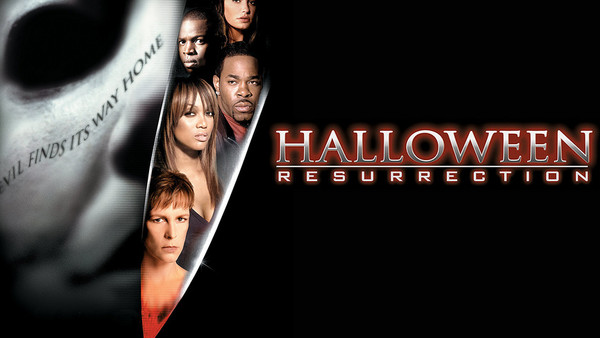10 Things You Learn Rewatching Halloween: Resurrection (2002)
Trick Or Treat, Motherf***er!?

The Halloween franchise has certainly had its ups and downs, with certain installments being more divisive than others but the franchise had never experienced hatred quite in the way it did when Halloween: Resurrection was released in 2002.
Fans hated this thing with a fiery passion. Unlike prior movies, Halloween: Resurrection had to endure the full force of an internet backlash, as people proclaimed this installment 'ruined the franchise' forever. To this day, it is the most detested Halloween sequel and the one frequently cited as the franchise's lowest point.
So is it really that bad? Could this film really be worse than Halloween 6, the one that had Michael become an incestuous father and leading an underground cult?
Let's find out...
10. The Music Is.... Good?

Let's start on a surprisingly positive note.
Halloween: Resurrection has what is easily the best score of the last four films. Composer Danny Lux may have risen to fame composing music for decidedly lighter fare such as Dawson's Creek and Melrose Place, but his sonic sensibilities fit well within the Halloween franchise.
Crucially, Lux seems to understand that Carpenter's original score's power is in its simplicity and opts to preserve that rather than giving it another big make-over.
Sure, there are a few new additions that are Lux's own, such as the more-refined percussive elements and the inclusion of some more ethereal choral synths. But these are all done in service of the classic theme rather than hampering it as previous incarnations like Halloween 6's electric guitar score and H20's orchestral score did.
Even the rest of Lux's score is fairly solid, with him crafting some moody and effective pieces. But sadly, the film has absolutely no idea how to utilize any of it (including the main theme) properly. Instead, all of Lux's original work is pretty much just cut down to 'false startles' and eerie tones, sounding like every other horror movie of the era.